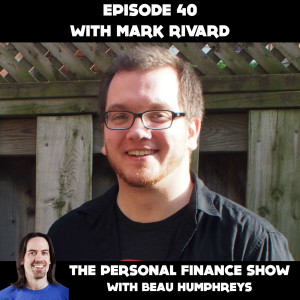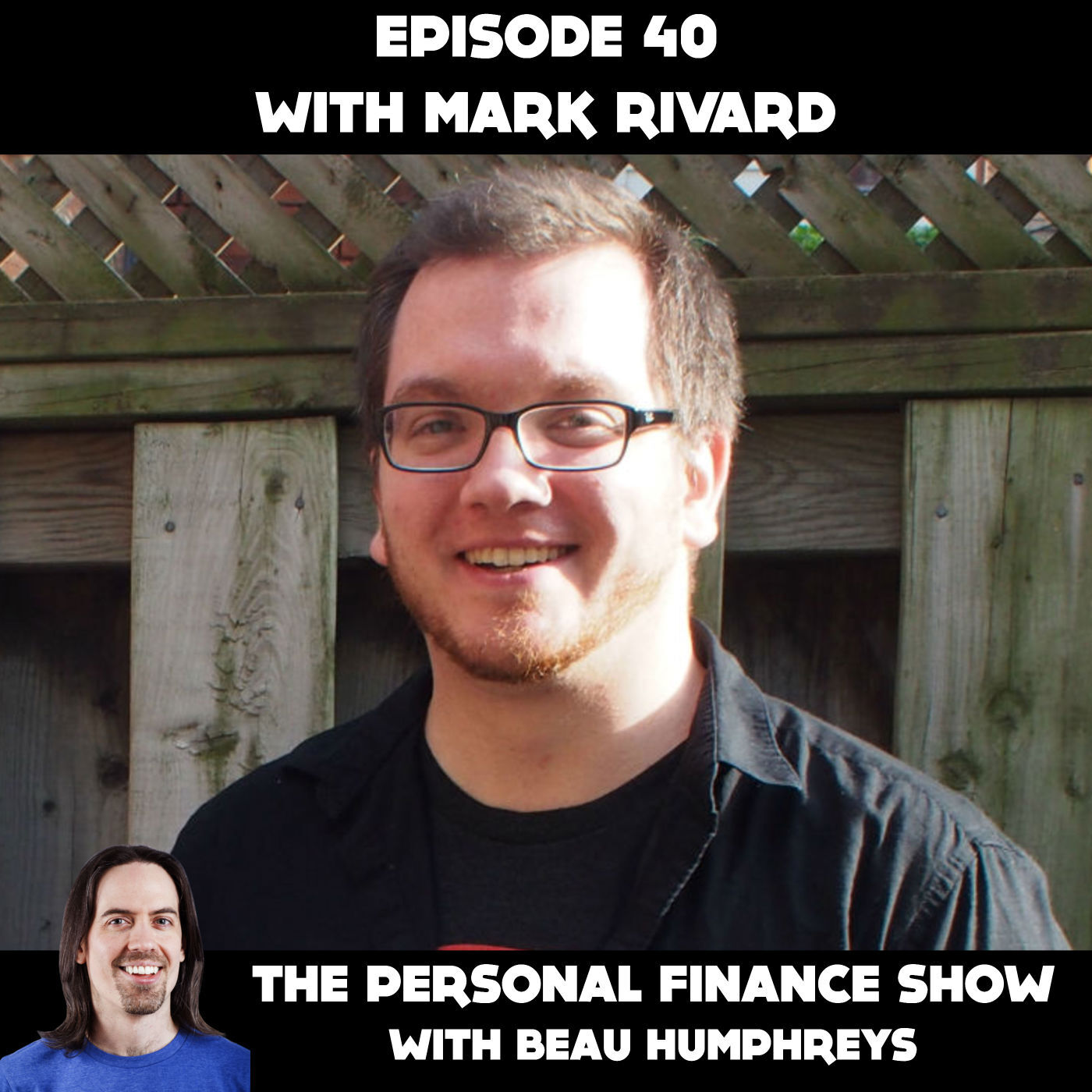

What does a book about quitting smoking have to do with your personal finances?
That’s what I asked my friend Mark Rivard when he told me about his personal finance story.
I know you’re thinking, if you quit smoking, then you save money. Sure that’s part of it, but the money saved on cigarettes is not going to make a huge dent in $20,000 of credit card and student loan debt.
When Mark told me his story, I knew that other people needed to hear it.
You see Mark got a bit too comfortable living off the generosity of others.
We all go through periods like this in our lives. Maybe we’re just figuring things out and a friend or family member helps us get through the low income, or financially difficult times of our life.
But how do you learn to take care of yourself financially, when you’re so used to relying on handouts?
Where does the motivation come from to make a change?
Just because people keep offering you help, doesn’t mean that you should take it.
And this advice also extends to the “help” that credit cards offer you in times of need. Credit cards can often seem like a great tool to fund the life that you want. But they come at a huge cost, which you might not realize until you’re swimming in debt. At that’s the point when you might really need help, but you already used up all of your handouts. What do you do in this situation?
I’m so glad that Mark decided to open up and tell his story. It’s important to hear and I hope that hearing it helps you or someone you know make a positive change.

No comments yet. Be the first to say something!